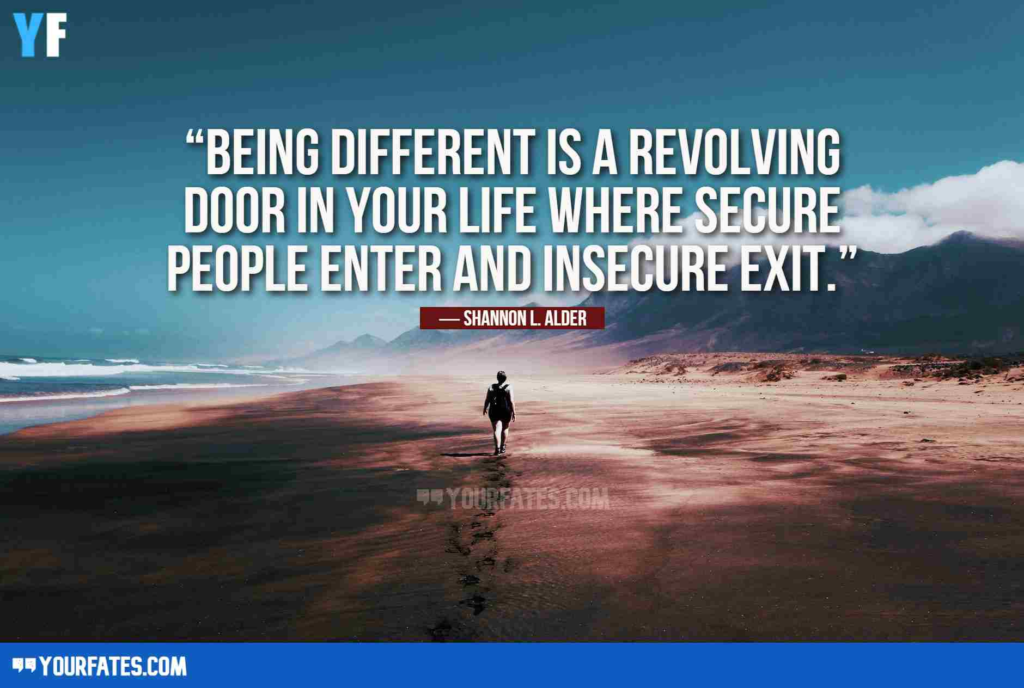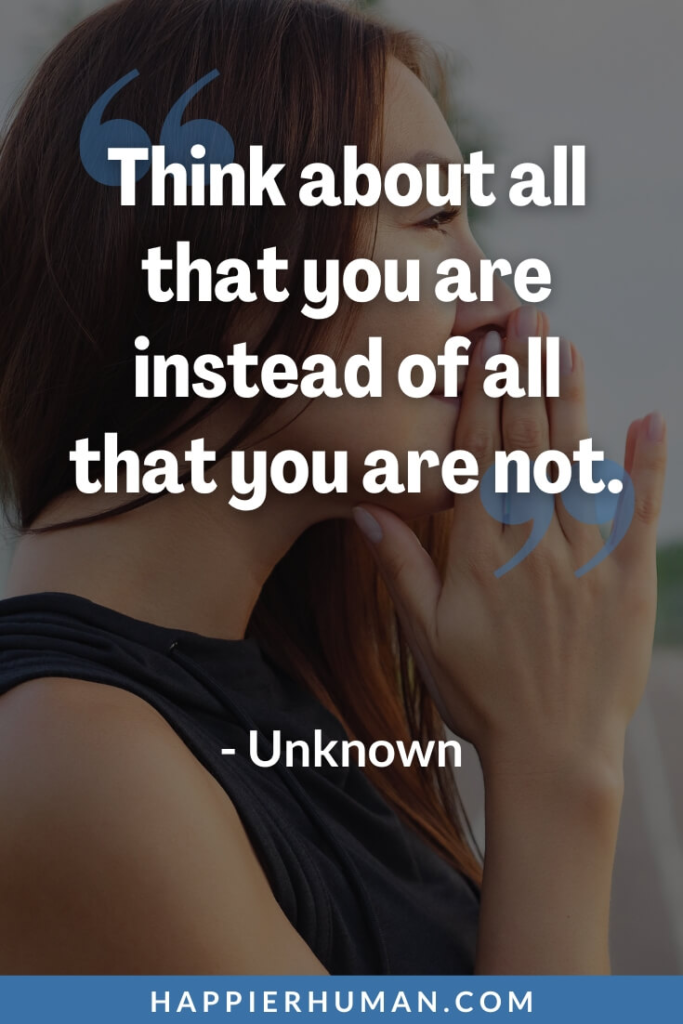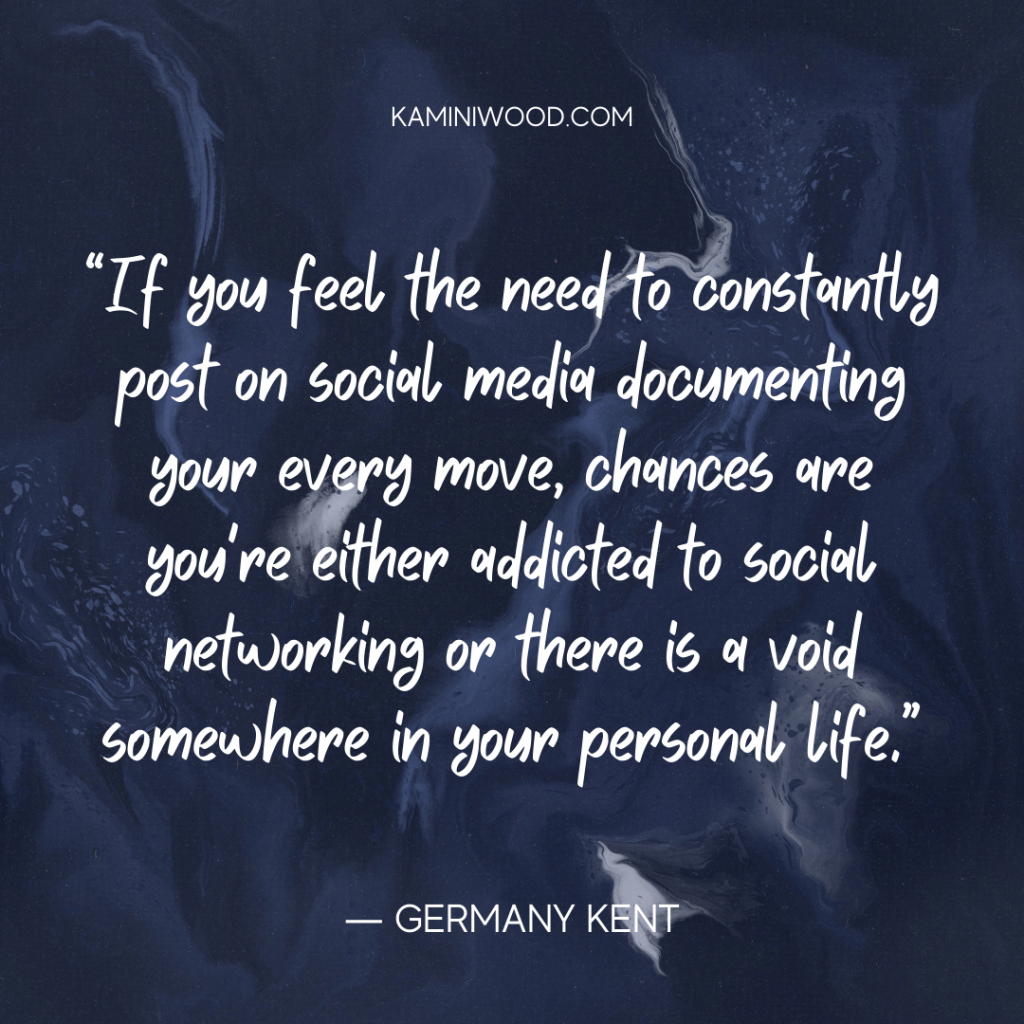
Source: G. Lombardo/Adobe Stock
As humans, we are naturally wired to crave attachment and validation. We share an instinct to connect and bond with others, and there is nothing wrong with that.
However, in the age of the Internet and technology, social media has become the place we turn to for contact, inclusion, and validation. It seems we have begun appreciating moments in our lives based on their acceptability on social media.
There has been a lot in the news lately about mental health problems associated with social media. As a psychologist, my clients of all ages commonly talk about the negative impact of other people’s posts on their mental well-being. Many feel socially rejected when they see an event to which they weren’t invited. Or, other people’s posts might trigger unfavorable comparisons that make them feel bad: “Everyone else seems to have ______ than I do.” [Insert: more fun, more friends, more money, a better body, etc.]
But what about why people post in the first place? Social media can be a great way to keep in touch with people and share information. However, it can also feed into excessive reassurance-seeking behaviors and unhealthy attempts at getting validation from others. In other words, people often use the opinions of others to feel good about themselves.

What is Reassurance Seeking?
From time to time, we all need a little reassurance that everything is okay. You might check in with a friend to make sure you didn’t upset them with something you said, double-check to make sure you locked the door, or ask your roommate or partner how you look in a new outfit. It is fine to do these things once in a while.
It seems that social media taps into an innate human desire to connect and seek approval from others. Instead of asking your partner or a friend, “How do I look?” you post a selfie on Instagram. And, there you are; soon enough, hundreds or even thousands of people validate and praise your look.
In other words, people on social media who like our pictures and posts seem to give us a sense of worth, recognition, and satisfaction.
Most of us feel obligated to post pictures of our whereabouts. How often do you Instagram or Snapchat places you visit and what you do there? A pic of your cozy bedroom in the morning, a cup of steaming coffee, a stunning view from your hotel room’s terrace, your dinner table at a fancy restaurant – you share every detailed aspect of your life with followers on social media.

What do we hope to get from this?
While seeking validation is not wrong, looking for others’ approval to feel self-assured, valued, and fulfilled is definitely not healthy. Clinging to others’ approval can become your way of life, affecting your self-esteem, mood, and relationships.
Day in, day out connectivity makes it hard to feel happy and satisfied with your life. The excessive use of social media, fear of missing out (FOMO), and the urge to always compare yourself to others may cause feelings of anxiety, unhappiness, dissatisfaction, and loneliness.
Under constant pressure from social media to filter and fit, many of us (young people in particular) tend to forgo our values and needs just to feel accepted and valued, even when validation comes from complete strangers.

When It’s a Problem
Reassurance seeking becomes a problem when it is more frequent and when a person becomes more dependent on it. Consider the following scenarios:
- A person who suffers from body image concerns frequently posts a body-revealing picture on Instagram when she is feeling insecure about herself. They tend to get a lot of likes and comments about how good they look. As a result, it bolsters her self-esteem, causing her to think, “maybe I do look good.”
- A person who frequently feels lonely and thinks that people don’t care about him. Instead of seeing friends and family, his solution to this problem is to regularly post on Twitter, oversharing about his mental suffering. He feels better when he gets positive comments from people about how great a person he is and, “to hang in there, things will get better.”
- Another person is having a lot of conflict with her partner and her children. She frequently creates Facebook posts showing pictures of her happy family. With every comment and like, she temporarily feels better about the situation in her home.
With all three of these scenarios, the people get reassurance and validation from others to make themselves feel better. For some, frequent reassurance seeking is addictive, almost like a drug. The likes and comments are a temporary fix. While they might feel better at the moment, the positive effects are usually short-lived because they come from others and not from within themselves. However, they might be inclined to post again the next time they feel low because they get that burst of reassurance.
They continue to use social media to seek external validation and reassurance, setting themselves up for a vicious cycle. They do not learn to tolerate and effectively deal with their problems. The reinforcement-seeking perpetuates the problem and also doesn’t get to the root of the issue. It can even lead to an increased negative mood if there is not a lot of feedback from others.

How to Stop Seeking Validation from Social Media?
Unrealistic expectations, FOMO, and comparing ourselves to others can make your experiences dull and isolating, causing feelings of loneliness, worthlessness, and depression. So, try taking breaks from seeking validation on social media and start some new habits as an alternative.
1. Set the Boundaries
We often forget to use social media responsibly and thoughtfully in our need to connect and get validation. Social media boundaries will help you feel safe and comfortable.
So, try being mindful of the content you share online. Much like in the real world, try setting healthy boundaries between ourselves and others, and find a healthy way to balance social media.
2. Start Your Days with Gratitude
Instead of posting a picture on Instagram as soon as you get up from your bed, try staring at a different morning routine. Begin your day writing down three things you feel thankful for instead.
This simple gratitude practice has the power to boost mood, improve self-esteem, help you experience more positive emotions, become more self-compassionate, and increase your life satisfaction.

3. Practice Affirmations
Instead of seeking validation on social media, turn to yourself and look for affirmation inside. Many of our insecurities, anxieties, and self-doubts come from the subconscious. So, feed your subconscious mind with positive statements about overcoming negative self-talk that ruins your self-esteem and confidence.
Instead of waiting for validation from social media, start and end your days repeating the following and similar statements:
- I am powerful and strong.
- I am confident.
- I am beautiful.
- I believe in myself.
- I am in charge of my future and my life.
- I choose to be happy.
- I acknowledge my own self-worth.
- I surround myself with positivity.
- I am capable and enough.

4. Connect with the Real People in Your Life
Studies show that people who use social media excessively tend to experience frequent mood swings, neglect their personal life, and withdraw from real-life interactions with others.
Turn off your social media notifications and spend time with people you love. Have a meaningful conversation with your friends, pay attention to your partner’s emotional bids for connection, and cook dinner for your family. No digital validation can replace the real-life appreciation we receive from those we care about.
5. Do Some Digital Detox

Are you ready to heal and let go? Find out what a self-love coach can do to help you take back your power and rediscover your AuthenticMe.
Research shows that too much time on social media can lead to anxiety, depression, low self-esteem, and other mental health problems. If you spend an excessive amount of time on social media, consider practicing a digital detox.
Take breaks and refrain from visiting social media or using your smartphone, computer, and other devices for a few hours a day. Connect with nature instead, and spend time outside whenever you get a chance.
Taking breaks from technology to connect with nature can help still your thought, ease stress and anxiety, and think positive thoughts.
6. Indulge in Mindfulness
You must have noticed that social apps have an infinite feed that keeps you scrolling down endlessly and mindlessly. Therefore, try to stick to the opposite routine and practice mindfulness.
Mindfulness meditation allows you to focus on the present moment without trying to interpret it. In other words, mindfulness can empower you to enjoy the moments in your life without the urge to post about them on social media.
7. Stay Authentic
Be mindful of how you resent yourself on social media and whether you like it or not. Ask yourself why you post the stuff you do. Does it inspire others? Does it add any value to your or other people’s lives? Or you post just to seek attention and validation?
Answering these questions can help you understand that no one can offer validation better than yourself.
Keep in mind that not every part of your life needs to be public. And remember, you are enough.
8. Engage in mindful posting
Before you post something on social media, examine your motivations.
- Ask yourself, “why am I posting this?”
- Consider if you are seeking approval or reassurance from your friends/followers in an unhealthy way.
- Also, consider the consequences and ask yourself if you will be upset if you don’t get a certain number of likes and comments.
- If it turns out you are posting for these reasons or will feel a lot of distress about the potential consequences of the post, consider not posting.
9. Do things that will effectively address your issues.
If, every time you go on Instagram, you see pictures of people that trigger your body image concerns, either delete the app, unfollow accounts that trigger you, or at least limit your use of the app. If you are feeling lonely, call a friend or family member. Or do some problem solving about how to meet more people or build more meaningful relationships. If you have relationship difficulties, talk to your partner about your concerns, or consider seeking help with a couples therapist.
10. Find ways to grow
Think about how you could validate yourself instead of looking for it on social media. There are a lot of resources on self-compassion as a place to start. Beginning a mindfulness practice is another starting point and can help address destructive thought patterns. Keep a gratitude journal of things you are thankful for in your life. Finally, working with a therapist can help you effectively manage your issues without looking for it from others on social media.
In sum, not all interactions with social media are harmful. It can be a great way to keep in touch with people and can be an appropriate avenue for support. For others, it might be an excellent resource for information, and many use social media to build their small businesses. It can ultimately benefit your mental well-being if you’re able to ask yourself what your motivations are before you post.
References
Diefenbach, S., & Anders, L. (2021). The psychology of likes: Relevance of feedback on Instagram and relationship to self-esteem and social status. Psychology of Popular Media.
Elhai, J. D., Rozgonjuk, D., Alghraibeh, A. M., Levine, J. C., Alafnan, A. A., Aldraiweesh, A. A., Aljomaa, S. S., & Hall, B. J. (2020). Excessive reassurance seeking mediates relations between rumination and problematic smartphone use. Bulletin of the Menninger Clinic, 84(2), 137–155.
Nesi, J., & Prinstein, M. J. (2015). Using social media for social comparison and feedback-seeking: Gender and popularity moderate associations with depressive symptoms. Journal of Abnormal Child Psychology, 43(8), 1427–1438.
kaminiwood.com
psychologytoday.com
Support Us To Do Better
Dear Reader,
Every day, we work hard to provide our audience with the most comprehensive information that could help to improve a positive and healthy lifestyle. Quality blogging costs money. Today, we’re asking that you support us in doing more. Your support means that Positive Psychology can keep offering quality service to everyone. Pay as little as N1,000 to support us.
Bank transfers can be made to:
Zenith Bank
2250531253
Adebayo Oluwole
Please send details of your bank transfer to our email or WhatsApp number so we can contact you.
If you have any questions, please let us know.
Contact us at Positive Psychology and Educational Consult. At Positive Psychology and Educational Consult, we are ready to help you to navigate your life. Contact us today. Phone: +2348034105253. Email: positivepsychologyorgng@gmail.com twitter: @positiv92592869. facebook: positive.psych.1
